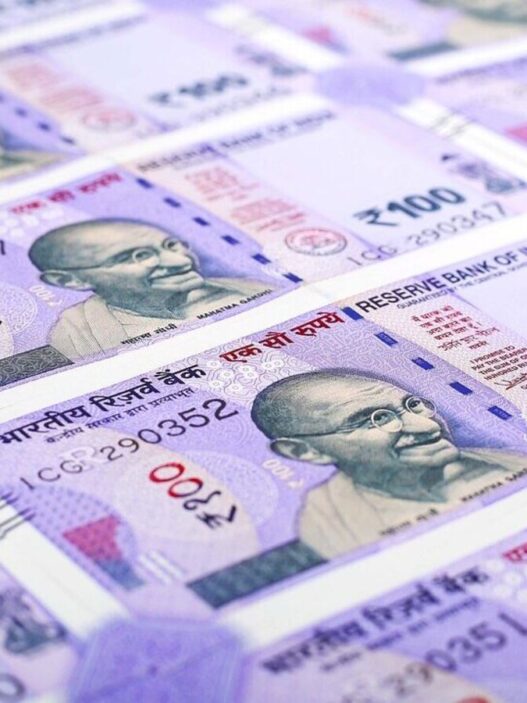Small industries contribute a significant portion to the Indian economy and provide a major source of employment in the country. However, this sector also faces immense competition from major multinational companies. Some businesses may find it difficult to access funds in favourable terms.
Therefore, the government of India has several loan schemes to finance small industries. These loans can be availed by the SMEs (small and medium enterprises) to fund their day-to-day operations, expand their business, purchase new equipment, etc.
Stand-Up India Scheme
- Stand-Up India was launched to provide credit for Scheduled Caste (SC), Scheduled Tribe (ST), and women entrepreneurs.
- Loans can be availed to set up greenfield enterprises in manufacturing, services, the trading sector, and activities allied to agriculture.
- Under this scheme, banks will provide loans between ₹10 lakh and ₹1 crore to at least one SC, ST or woman borrower per bank branch to set up a greenfield enterprise.
- If the enterprise to be set up is non-individual, the controlling stake (51%) should be held by either an SC, ST, or women entrepreneur.
- The loan will be composite, including working capital and a term loan.
Bank Credit Facilitation Scheme
- National Small Industries Corporation (NSIC) facilitates loans under this scheme. NSIC signed a Memorandum of Understanding (MoU) with banks to offer loans to meet the credit requirements of small and medium enterprises.
- NSIC aims to provide loans at lower interest rates.
- MSME units have the option to choose between private and public sector banks.
- The loans are available as working capital and term loans.
In conclusion, loans for small industries are a source of growth and sustainability within the sector. They provide capital for expansion and innovation in the sector. However, businesses must check interest rates, repayment periods and other related terms to avoid defaults.
(Note: Raising a loan comes with its own risks. So, due caution is advised)












